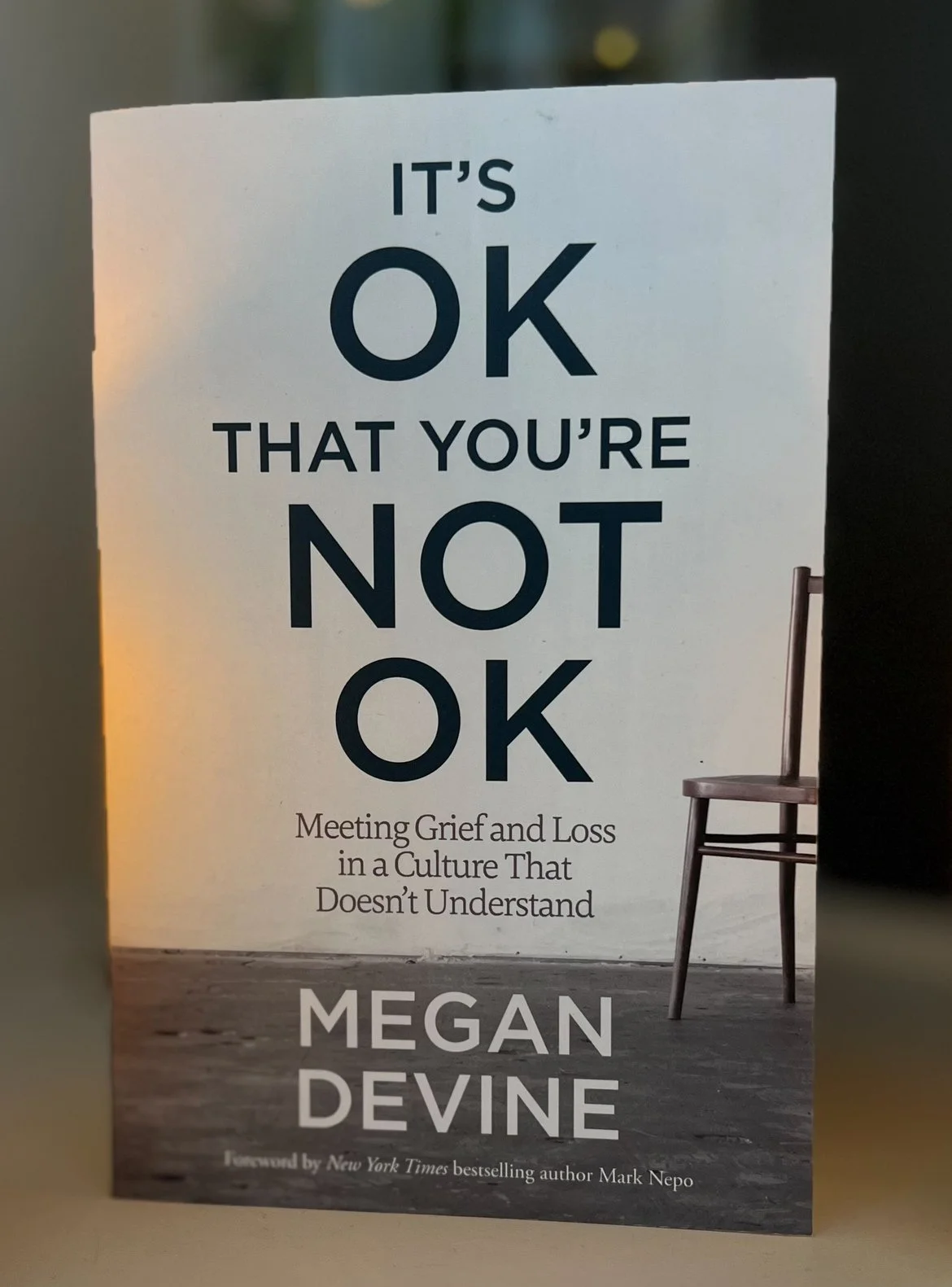Grit: The Power of Passion and Perseverance (2016) by Angela Duckworth
This book highlights the ease at which we are quick to highlight and elevate the value of talent, but also quickly notes that by “Mythologizing natural talent, it lets all of us off the hook”. Dr. Duckworth studies the capacity for GRIT to allow all of us to achieve greatness but consistently noting how the role of EFFORT contributes to all great achievements. Grit, she notes, is passion + perseverance, and achievement is Talent + Effort + Skill.
Dr. Duckworth outlines 4 assets of grit: Interest, capacity to Practice, Purpose (conviction that your work matters–my work is important to me and to others), Hope (it defines every stage of grit–it is important to learn to keep going even when we have doubts/things get difficult)
And finally, Dr. Duckworth spans out to note how grit is taught, cultivated, and inspired by the community around us. Parents, teachers, coaches, supervisors, and mentors of all kinds can inculcate and cultivate grit (at all ages) through Supportive and Demanding Parenting/Leadership; and the communities around us can provide us with an environment that supports, inspires, and consistently motivates our motivation and commitment to sustaining our grit.
How did I hear about this book: listening to the author as a guest on one of my favorite podcasts @armchairexpertpod.
Would I recommend it to colleagues: Sure, and I brought it up with one the day I finished it.
Would I recommend this to clients: Yes
How do I apply this content to my work: As I was reading this book, I started to think about the recovery process (both for mental health and/or addiction). One common misconception is that recovery is about strength and willpower. I would argue (especially after reading this book), that success in recovery is about grit. Something I often share with clients during the intake process is that it is likely that things will feel worse before they feel better. The capacity to stick with it during a long, and arduous process, to strive toward maintaining a life of recovery (not having a concrete goal to achieve) does seem to align with this definition requiring passion AND perseverance, as well as with the 4 assets of grit: Interest, Practice, Purpose, and Hope. When a client enters into treatment/therapy with intrinsic motivation (wanting to first recover for the sake of themselves and second for the sake of their families, etc.), they are more likely to maintain consistent motivation for change (aeb Prochaska and DiClemente’s TTM Stages of Change Model), better able to envision how sustaining this change will benefit a better life for themselves and their families, and maintain hope for a better future. Additionally, the community aspect for healing is a core component for recovery, which is one of the reasons why the 12-Steps and other community-based treatment models/interventions have been so successful. As supported by Polyvagal Theory (because I can bring almost everything back to that…), we are wired for connection and we cannot be expected to successfully achieve this level of change without the support of others. This is where I think we therapists can come in: by taking on the qualities of a “supportive and demanding leader”, we can offer our clients support to help them cultivate the grit to keep going…to put “one foot in front of the other” [one day at a time]; “to hold fast to an interesting and purposeful goal” [creating SMART goals to help achieve and sustain an overall goal of recovery]; “to invest day, after week, after year in challenging practice” [keep coming back, it works if you work it]; and “to fall down 7 times and rise 8” [relapse and re-enter into your recovery with the non-judgemental support of your community].



